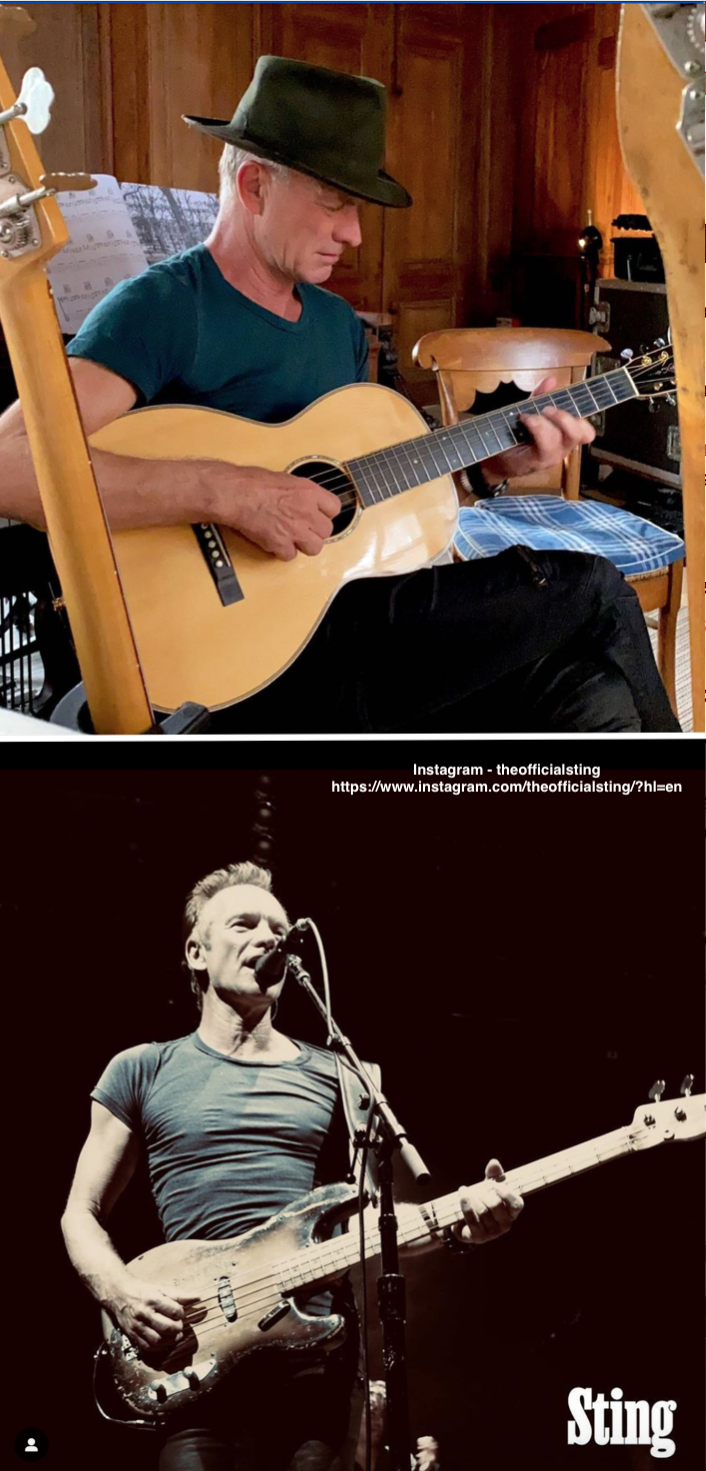
Sting’s career got off to a slow start; his passion for music drove him to take in concerts whenever possible, by artists such as Eric Clapton’s original band, Cream. However, Sting did well at school and immediately attended university after leaving grade school, if only for one semester. This was followed by a succession of jobs before returning to university and graduating with a teaching degree in 1974. He spent the next two years teaching at a distinguished school in Cramlington while devoting his evenings and weekends to jamming in local pubs.
Sting joined Stewart Copeland and Henry Padovani (who was quickly replaced by Andy Summers) to form The Police. The band quickly rose to fame with a series of albums containing one hit song after another. Many of the songs were written by Sting, and his political and other concerns became very apparent. Songs like “Every Breath You Take” and “Roxanne” were accompanied by others such as “Don’t Stand So Close to Me”. The last of the three discussed a potentially controversial situation where a student develops a crush on her teacher; this topic has become a taboo in recent decades and Sting responded to the controversy with a complex and well-thought approach rather than a blind conservative reaction.
The band dissolved in 1984 and its members pursued solo careers while occasionally reuniting in support of various important causes. Among the wide array of causes he’s supported, Amnesty International and groups promoting child and environmental issues have been the most prominent. His work with The Police had already established his stardom and his solo career continued its upward trajectory into superstardom. Sting has been often listed as one of the wealthiest entertainers in music and has a long and distinguished list of awards and accolades. His musical influences have been as diverse as pop, jazz, rock ‘n roll, reggae and classical, just to name a few. His body of work has made him a magnet for other artists wanting to collaborate and learn from his example and talent.
In his personal life, Sting is the father of six children, two from his first marriage and four from his current marriage. Some of his children have followed in his footsteps; all have done well. Sting is also a disciplined athlete, a yoga practicioner and a chess afficionado. Sting and a handful of friends once challenged chess legend Gary Kasparov to exhibition games (Kasparov playing all five men at once) but the result was not as spectacular as Sting’s musical career. Kasparov defeated all five men in under an hour.
All of these accomplishments are a testament to Sting’s intense work ethic, which he likely developed in his school years. They also signify that Sting’s career and influence are far from over.